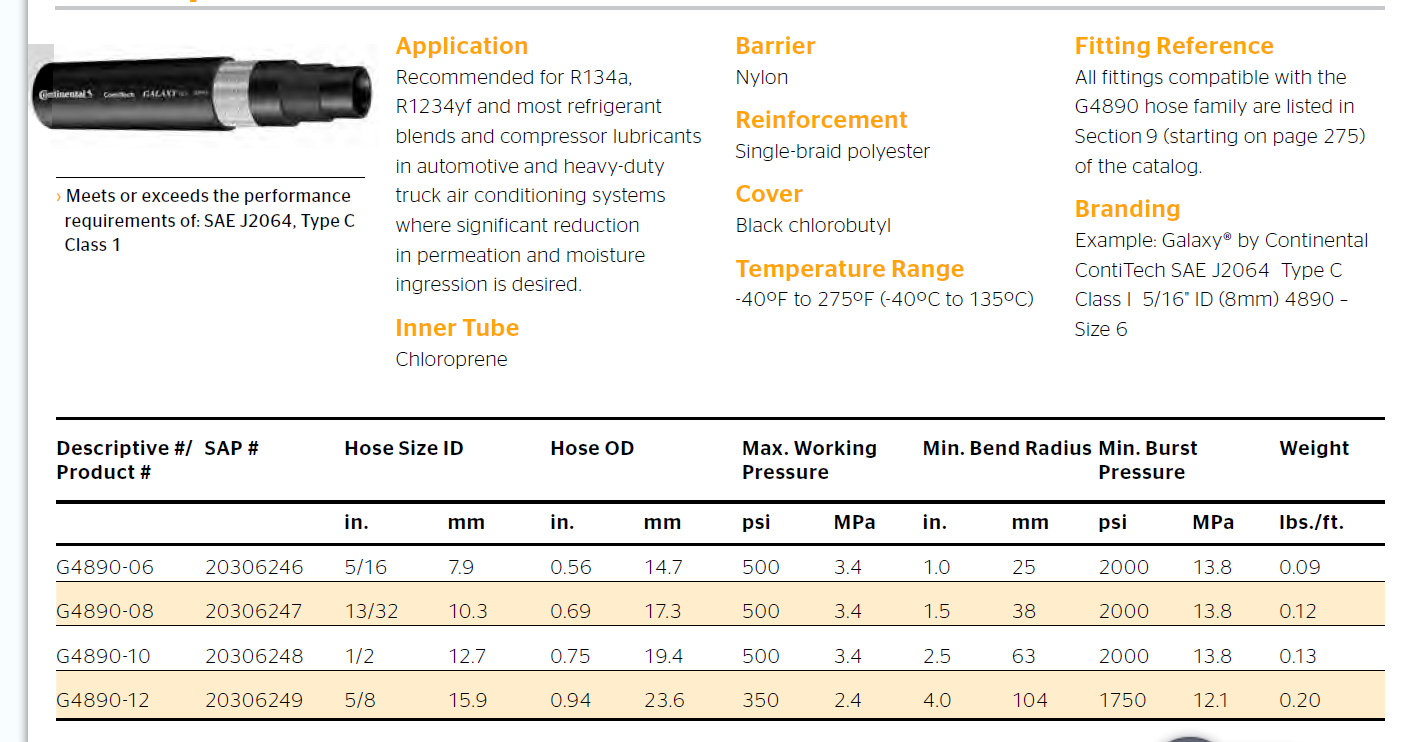Exploring the Importance of Fuel Supply Tubes in Modern Automotive and Aerospace Industries
Aug . 05, 2024 10:45 Back to list
Exploring the Importance of Fuel Supply Tubes in Modern Automotive and Aerospace Industries
Understanding Fuel Supply Tubes Their Importance and Functionality
Fuel supply tubes play a pivotal role in the overall functionality of various engines, whether they are found in automobiles, aircraft, or industrial machinery. These tubes are responsible for transporting fuel from the tank to the engine, ensuring that it reaches the combustion chamber in a timely and efficient manner. The importance of fuel supply tubes cannot be overstated; a malfunction in this system can lead to engine failure, reduced performance, and increased emissions.
Design and Materials
Fuel supply tubes are designed to withstand various harsh conditions associated with fuel delivery. They are usually constructed from durable materials such as rubber, nylon, or stainless steel, each offering distinct advantages. Rubber tubes are flexible and can easily bend around corners, while nylon provides excellent resistance to corrosion and high temperatures. Stainless steel, on the other hand, is favored for its strength and durability, making it an ideal choice for high-performance engines.
The design of these tubes is crucial as well; they must be capable of handling not only the pressure of the fuel but also the temperature variations that occur during operation. Engineers spend considerable time ensuring that the diameters, lengths, and bend angles are optimized for the specific application of the engine, as improper design can lead to blockages or fuel leaks.
Functionality in Different Systems
In modern internal combustion engines, fuel supply tubes are part of a larger fuel delivery system, which includes fuel pumps, filters, and injectors. The fuel pump drives the fuel through the tube, where it may pass through various filters to remove impurities before it reaches the injectors. Fuel injectors then atomize the fuel, mixing it with air to promote efficient combustion.
For alternative fuel systems, such as those using biodiesel or ethanol, the materials used for fuel supply tubes must be compatible with the specific characteristics of these fuels. For example, biodiesel may degrade certain types of rubber over time, necessitating the use of specially formulated materials to ensure longevity and reliability.
fuel supply tube

Maintenance and Inspection
Regular maintenance and inspection of fuel supply tubes are essential to prevent issues that could compromise engine performance. Mechanics typically examine these tubes for signs of wear, such as cracks, leaks, or disconnections. A visual inspection can often identify potential problems, but more complex systems may require pressure tests to ensure that there are no hidden issues.
Furthermore, fuel contaminants can gallop through the system and cause premature wear on various components, including the fuel supply tubes. To mitigate this, regular fuel system cleaning and using quality fuels can prolong the life of these tubes, ultimately enhancing engine efficiency and reliability.
Innovation and Future Developments
As technology progresses, innovations in fuel supply tube design and materials are ongoing. A significant focus is on developing lightweight materials that do not compromise strength and are resistant to varying fuel compositions. Additionally, advancements in 3D printing technology have started enabling more intricate tube designs, which can optimize fluid flow dynamics resulting in better performance.
In the face of shifting demands towards alternative fuel sources and electric vehicles, the future of fuel supply tubes may evolve. While traditional combustion engines will always have a need for reliable fuel delivery systems, new modes of transportation may require entirely different approaches to fuel management and distribution.
Conclusion
Fuel supply tubes are a critical component of fuel delivery systems that affect engine performance and reliability. Understanding their importance, design considerations, and maintenance requirements is crucial for anyone involved in automotive care or engineering. As technology progresses, so too will the design and functionality of these essential tubes, adapting to meet the evolving landscape of fuel delivery and emission standards. Therefore, ongoing research and development in fuel supply tubes will ensure their relevance and efficiency in various applications for years to come.
